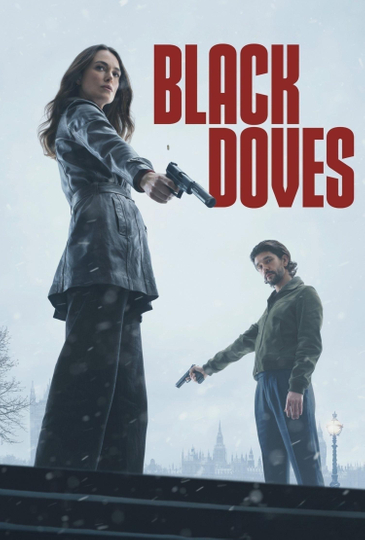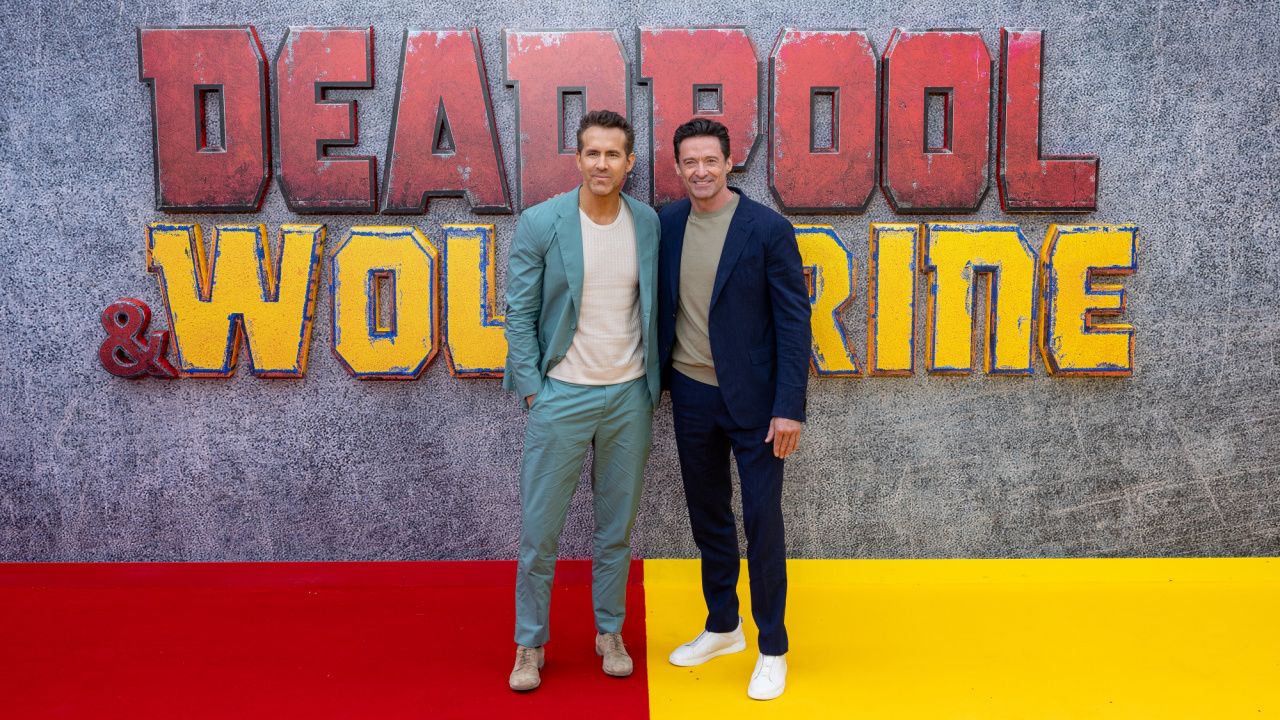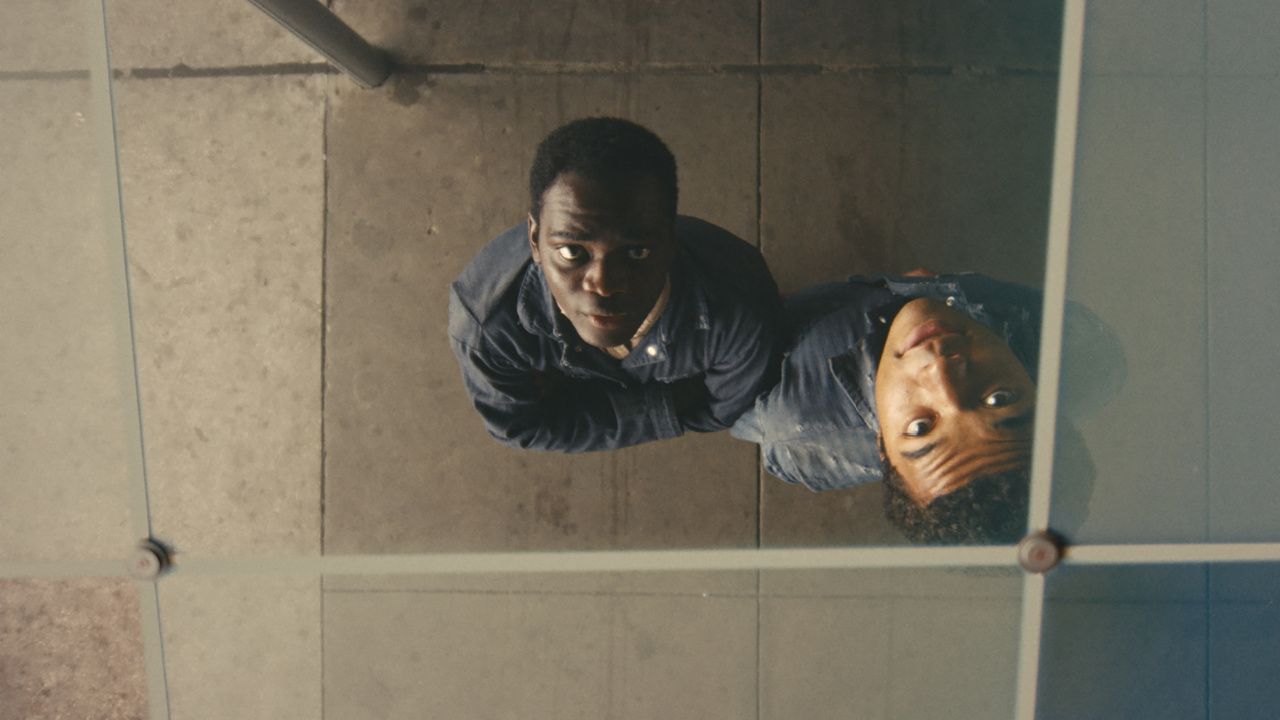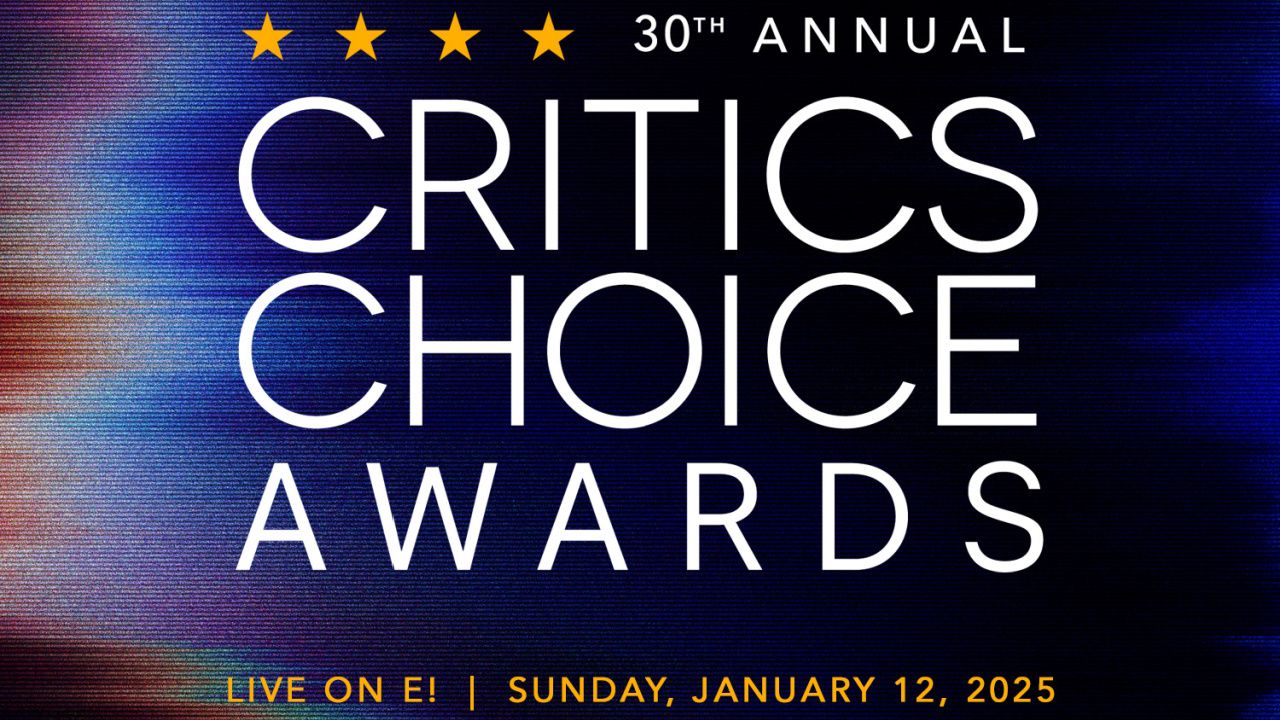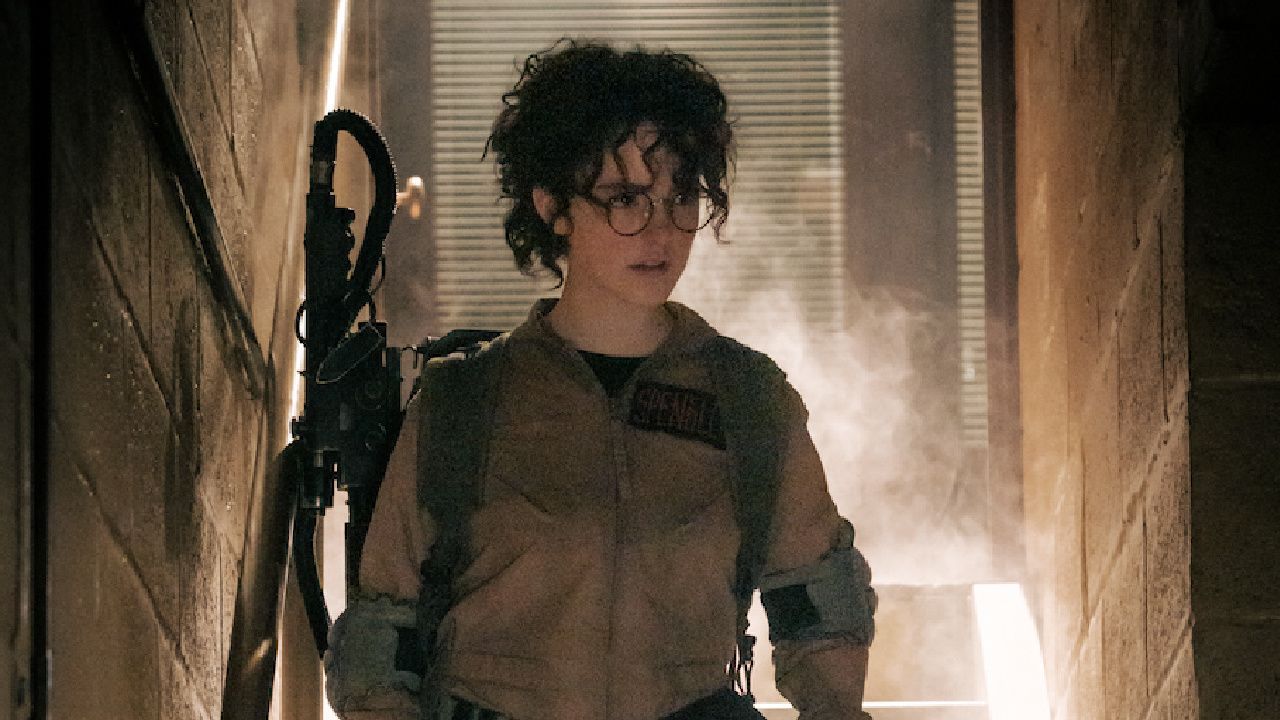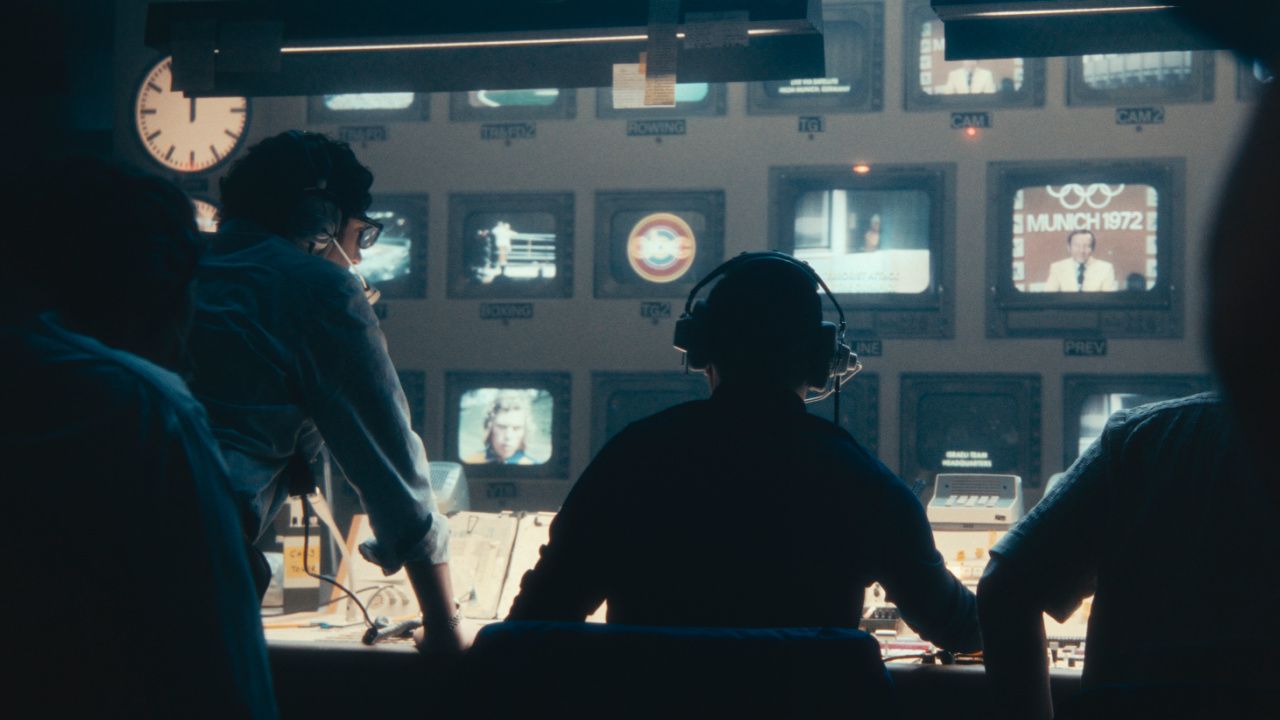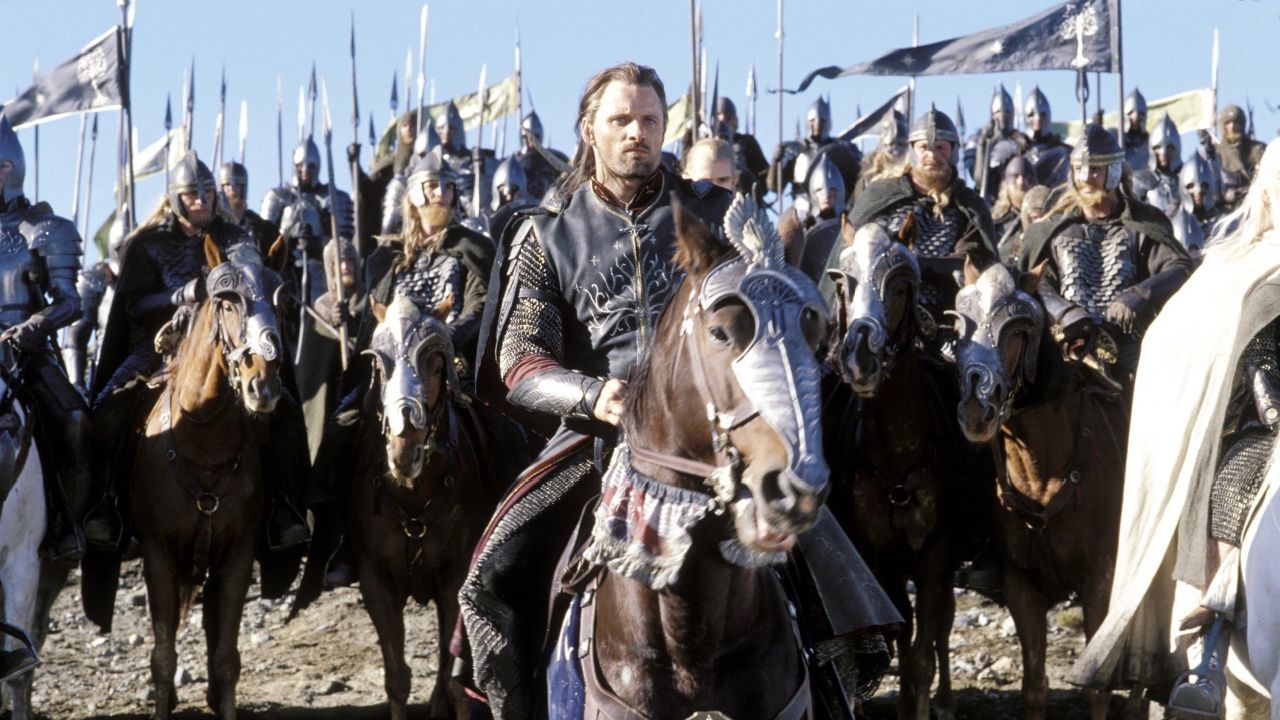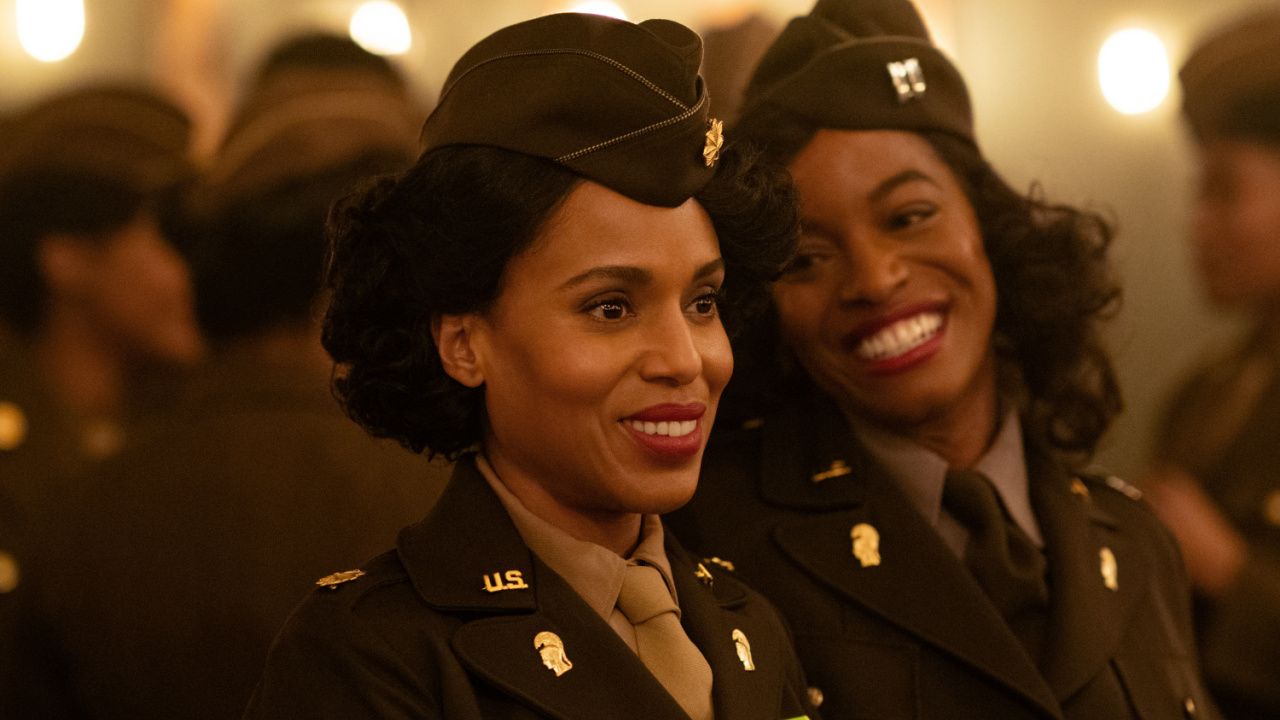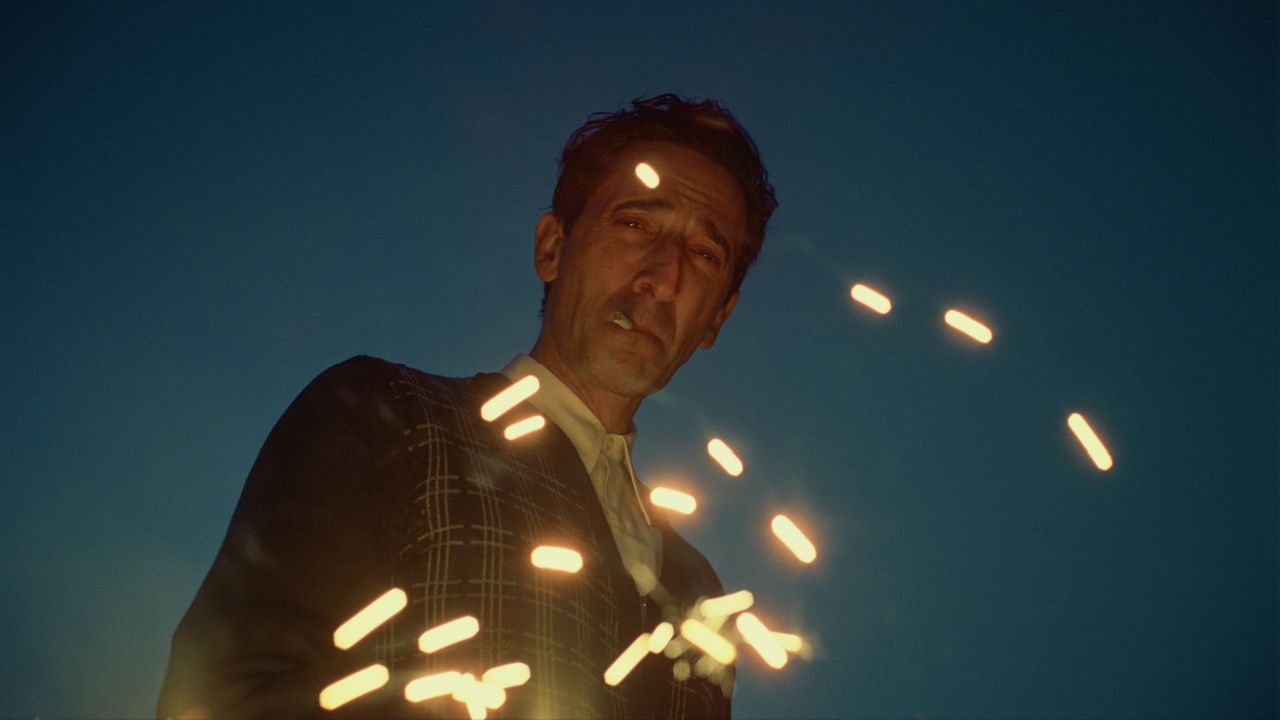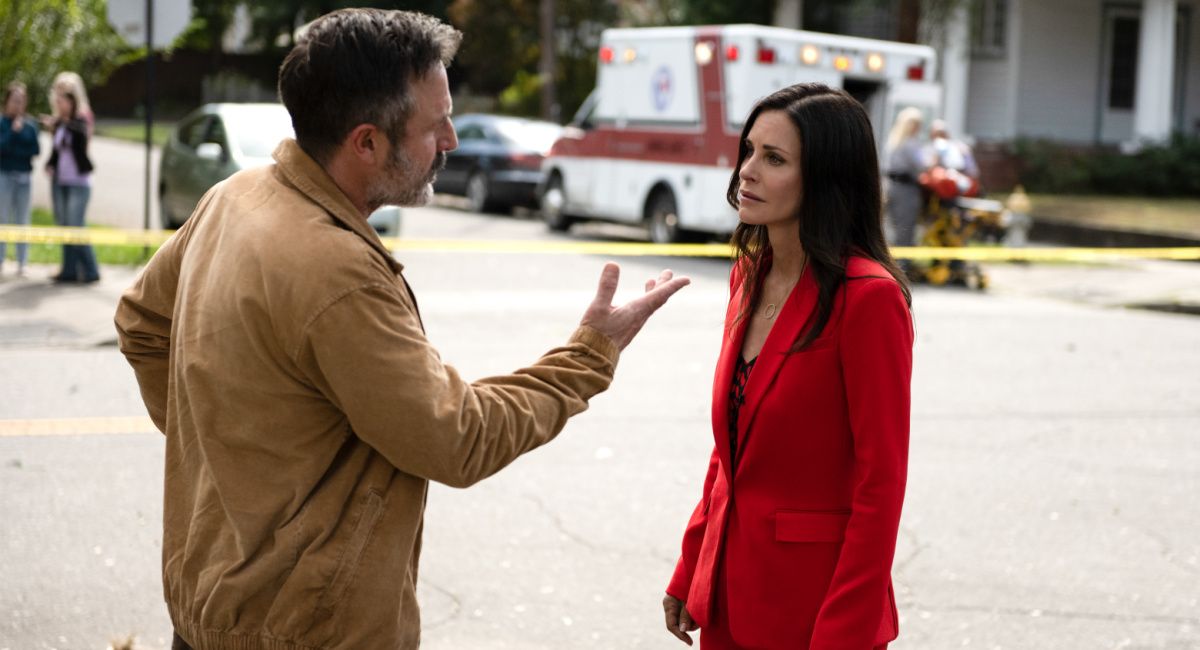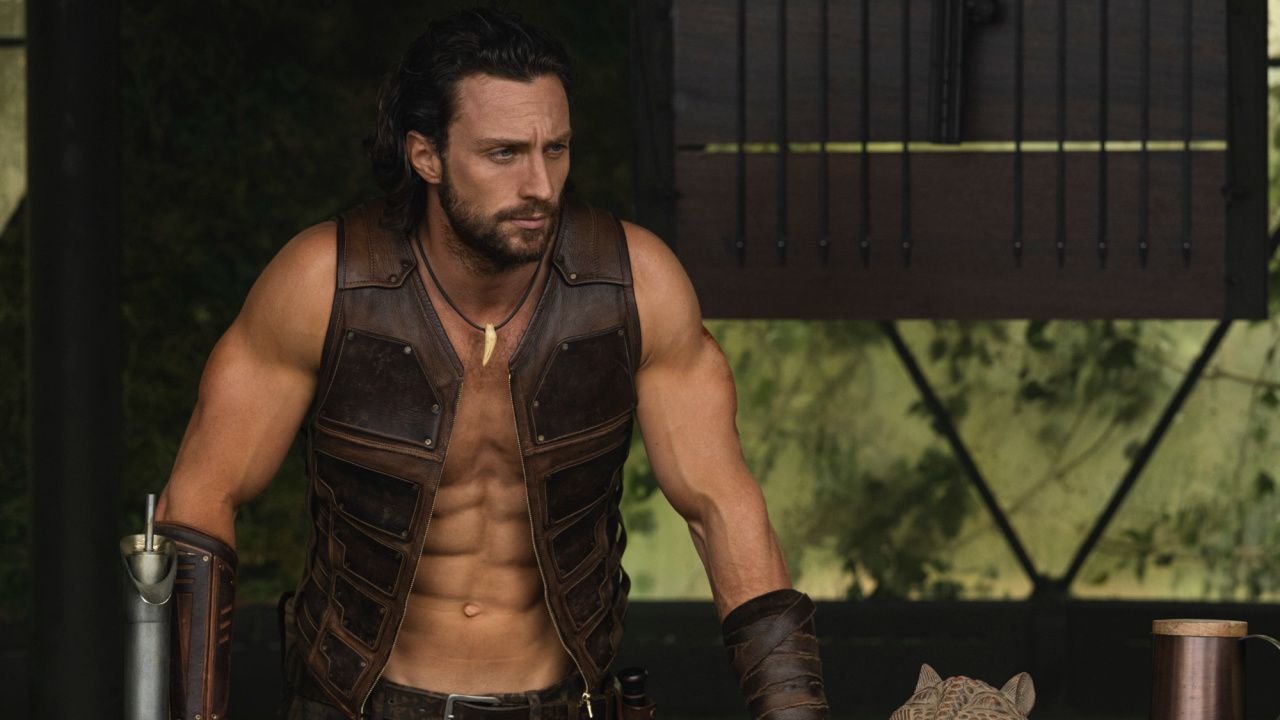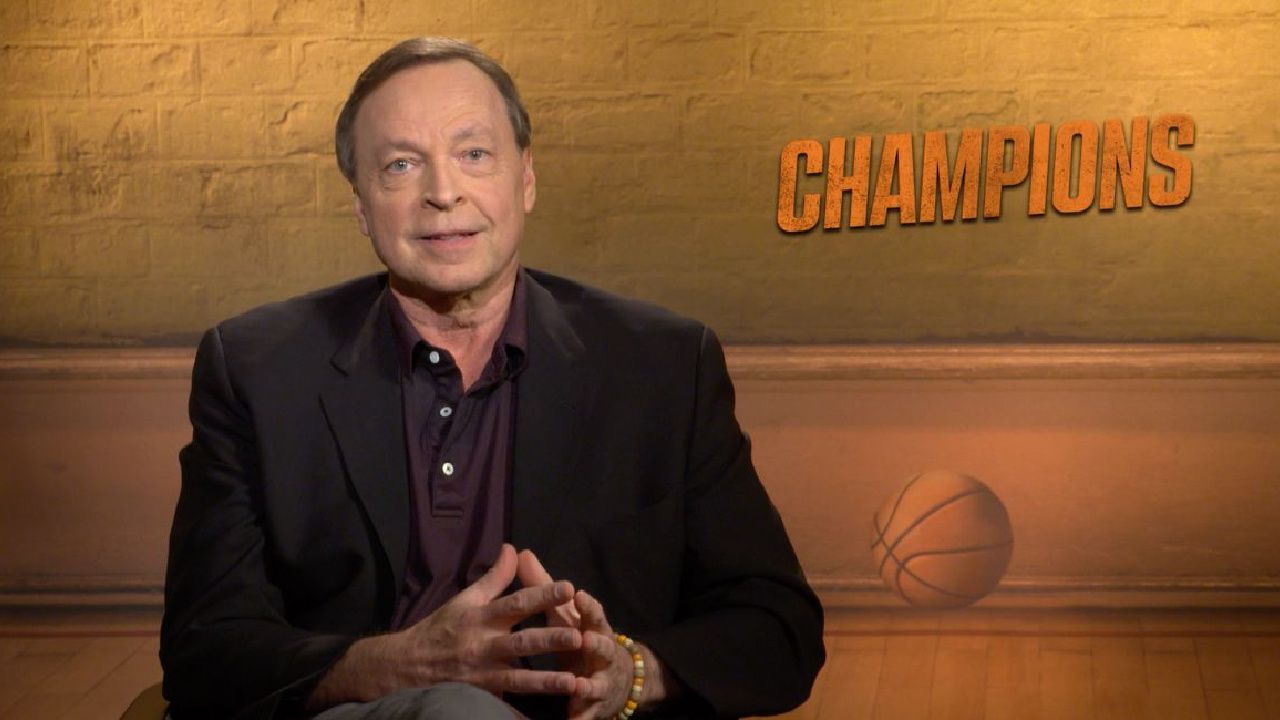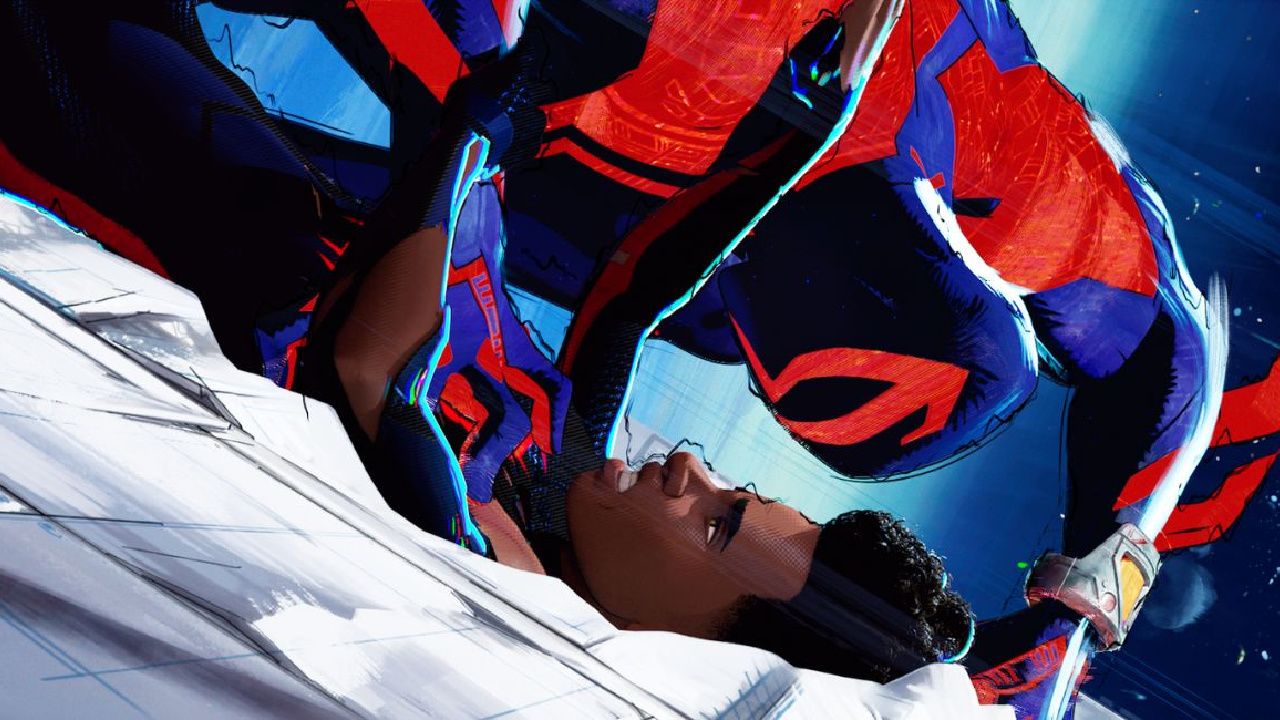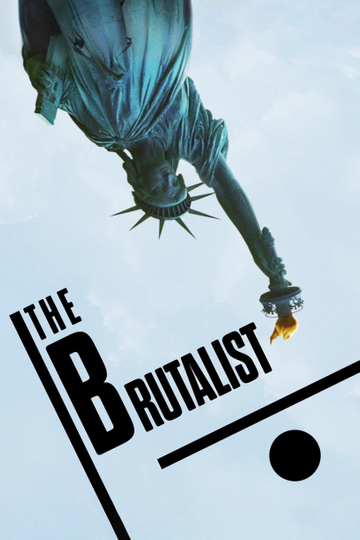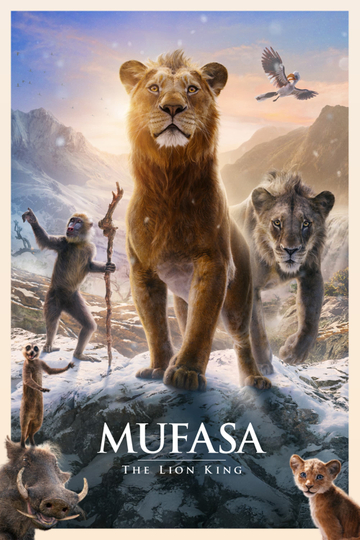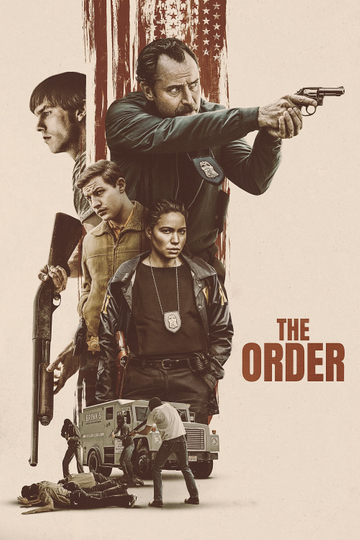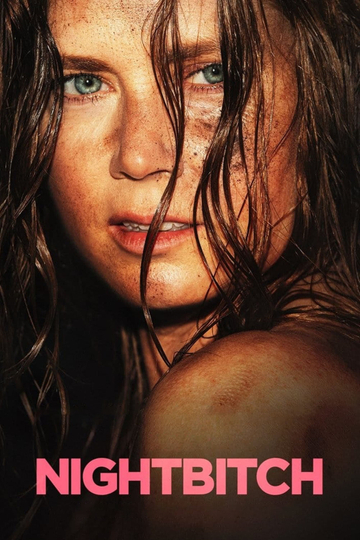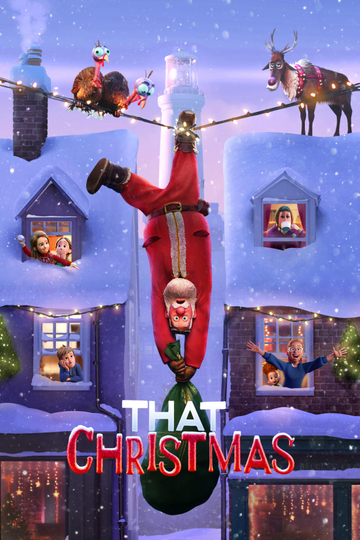'Incredibles 2' Director Brad Bird and Producer John Walker Reveal How They Survived the Sequel
When “Incredibles 2” roared into theaters this summer, it felt downright miraculous. Not only had it been 14 years since the original film, but production on the sequel was truncated by over a year, after it swapped release dates with “Toy Story 4.”
Making matters even more mind-boggling was just how excellent the film turned out; how expertly it balanced heart and thrills, humor, and ideas. This wasn’t just a retread; it explored all sorts of new territory. And all that hard work certainly paid off, with critics and audiences reacting enthusiastically. (It is now the top grossing animated film of all time.)
With the new Blu-ray set for Nov. 6 and digital release available now, you can relive all of your favorite moments, over and over again, supplemented with a truly dizzying amount of special features, including behind-the-scenes documentaries, deleted scenes, and filmmaker commentary. (Also, there’s a new short film that explores what happened on Edna and Jack-Jack’s night together. It’s a gas.) Seriously, when people say they don’t do special features like they used to … well, they probably haven’t checked out all the bonus material for “Incredibles 2” yet.
We got the chance to go up to Pixar and chat with writer-director Brad Bird and producer John Walker, about what it’s like now that the movie is out, what they learned making Disney’s sorely underrated big budget sci-fi feature “Tomorrowland,” and what’s next (spoiler: it’s not “Incredibles 3”).
Moviefone: "Incredibles 2" is finally done. How do you feel?
Bird: We always talk about this … People think we're going to say, "We're kings of the world!" That's not the feeling you have. The feeling you have mainly is relief -- relief that you got it made. We did it with a year less time, which was a miracle. We actually came in under budget, which is a double-miracle. And then the fact that we all enjoyed the experience, as hard as it was, and we're all still friends is triple-miracle. Then the fact that it was received as well as it was, that's a quadruple-miracle. So it's a miracle times a miracle. So we're relieved.
Is there any part of you that thinks, "Well, let's just do the third one and get it out of the way."
Bird: No, no, no. These movies are hard. I understand that a lot of people do follow-up a film with its sequel, but I totally don't understand that. Chris Nolan was in the middle of the Batman things and he always went to an original after it, something that he really wanted to make badly. The fact that he was indulged in that, and [Warner Bros.] didn't make him sign a three-picture deal, is amazing. They kept going, "Do you want to do another one?" And then he'd go, "Yeah, I think I could do another one." To me, that's a much better way than having someone say, "Will you sign on to then sequels?" Then it just starts becoming like making Twinkies.
I was just wondering if the momentum got a hold of you.
Bird: No, the momentum of vacation got a hold of me. And I'm still surfing that wave.
Before the movie came out, there was a lot made about Edna's fashion show.
Bird: Way too much made. We cut it for a reason. In the world of the film, she is most passionate about designing super-suits and costumes and devices for superheroes. That's the thing that makes her want to get up in the morning. But if you make superheroes illegal, she's still going to make a living. So this is her doing her day job now, as a designer for high-end fashion. She has opinions about it and is good at it. So I thought it would be good to show her in that environment. And then have Bob go there, desperate for her help. So he's surrounded by models and the craziness of that situation.
But it never developed to the point that I wanted it to. It sounds funnier than what it became. I think that it's interesting and I think there's some entertaining stuff in there. But am I sitting here thinking that it should have been in the movie? I'm not.
And the scene that you have … the one thing that I'll apologize in advance for, was that we didn't iterate a lot on these sequences that were cut. We didn't have time. They took a year out of our schedule, like I said. So if something didn't immediately move ahead the part of the story that I was committed to, which was the role switch and Jack-Jack, if it didn't connect with the family in some meaningful way -- gone. I had to be ruthless. I killed so many darlings, left and right. I had characters who were interesting and funny who I wrote sequences for and we storyboarded, gone. I learned that on television with "The Simpsons," where you have to do 22 episodes a year and when you're finishing this one, you've got that one right there. And if you take too long on this one, it'll screw up that one. And that will screw up the whole process.
This movie, once we lost the year, it came in on the "Iron Giant"/"Ratatouille" thing of -- "You've got to produce now."
Walker: It's got to be wonderful, right away!
Bird: And some of the critics … I don't read reviews as much anymore. I'm kind of off that. But I saw a couple. And one of them was critical about something in the plot, some intricacy that hadn't completely [been] beautifully worked out. And my attitude is, "Hey, you don't get the picture, man. We were under fire! They were using flamethrowers! One guy was starving and thinking about eating me!" I mean … we made it! That's the headline: We made it! It was a race, you know?
Speaking of critics, we're a couple of years removed from "Tomorrowland" and I see you engaging with people all the time on Twitter about the movie. What was your biggest takeaway from that experience?
Bird: Well, there were people in the industry who asked how I could give up a sure-fire thing like "Star Wars" to do this movie that, half the people really like, and half the people hate with a passion. And my feeling at the time was … George had already committed. I was scouting for the movie. We were in line to go. And that's when it came up. As tempted as I was, I've known Kathy forever, she was the producer on the first stuff I did, I've known George for a long time, I love "Star Wars," but ultimately I thought, "'Star Wars'" is going to get made and do just fine without me, whereas "Tomorrowland" … if it dies at this point, where George is committed and suddenly it doesn't go, well, it might not get made." And I thought it should get made.
I don't have any guarantees. I don't have guarantees that I'm going to do a great job on it. But I thought it had a lot of interesting ideas and that I should try it. That's where I came down on it. Commercially, it was probably a terrible decision. But in terms of trying things, and trying to push myself as a storyteller, we were doing some adventurous things with that movie and whether it succeeded or failed, I'm glad I tried something that was challenging for me, that scared me. Not to say that "Star Wars" wouldn't be challenging. That's a whole different type of challenging. The pressure and expectation must have been through the roof on that film, which must have been tough. But this was an idea that hadn't been tried. And these are characters that weren't connected to anything. You know what I mean? It was a gamble. And I'm happy that I did a gamble.
Do you know what you're going to do next?
Bird: Oh, yeah. It's something that I've wanted to do for years.
Is it "1906" [Bird's long-in-the-works earthquake epic]?
Bird: No. We haven't figured out the right way to do that. No, this is a project that I pitched a long time ago and a studio owns it and, whether they make it or not, is up for grabs. Whether anyone makes it or not is up for grabs. But it's an idea I am very interested in. Again, it's another thing that scares me. So I should probably try and do it. It has animation in it, but it's not an animated film.
It's not "Ray Gunn?"
Bird: No. But I'm still interested in that. I think we could make it better now because I'm more experienced as a writer. But I still love that idea.
"Incredibles 2" is out on digital now and Blu-ray on November 6th.
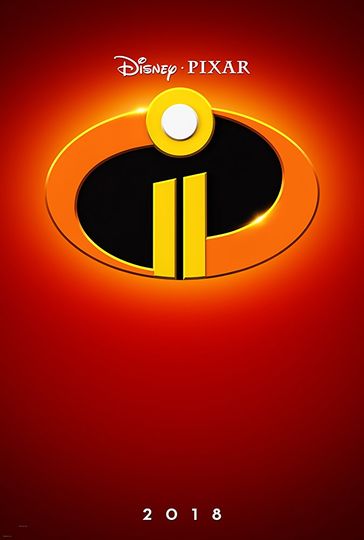
Incredibles 2







